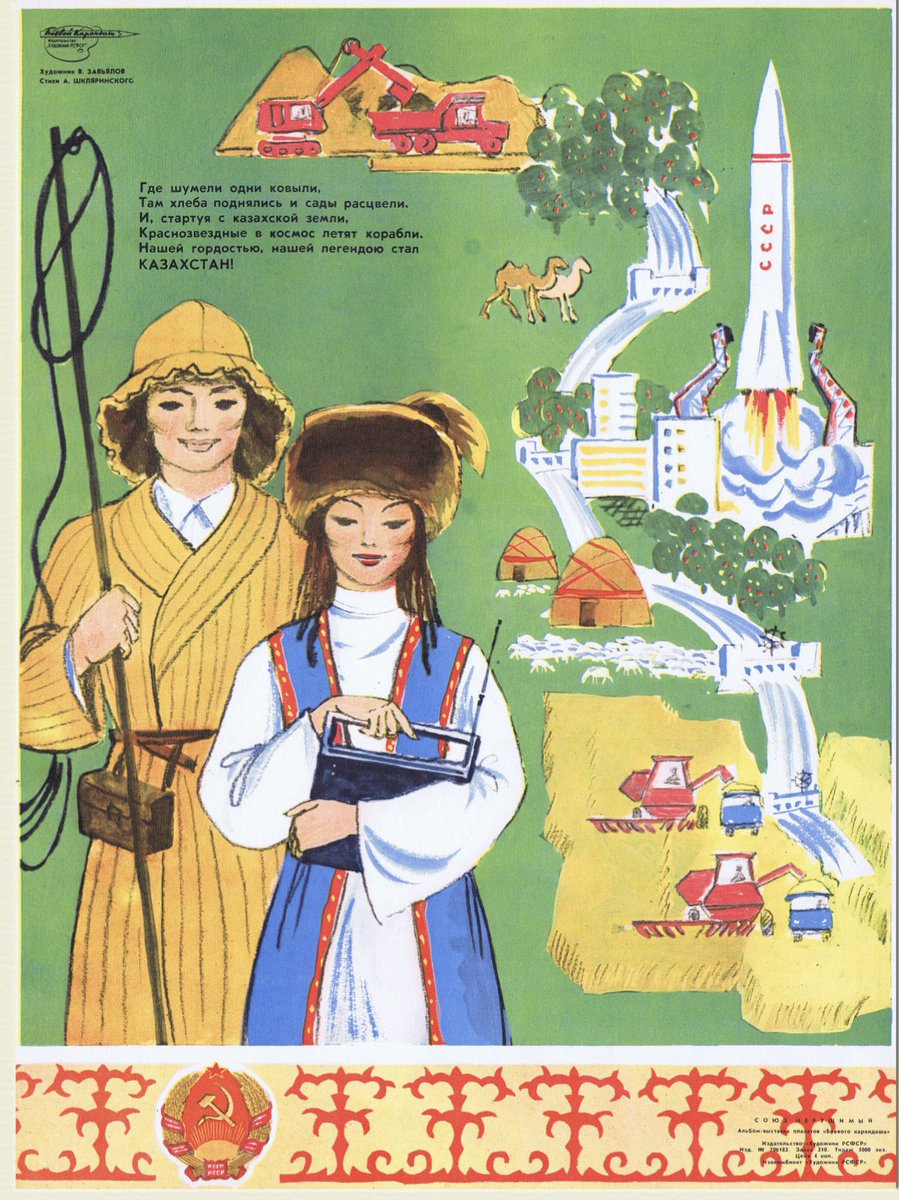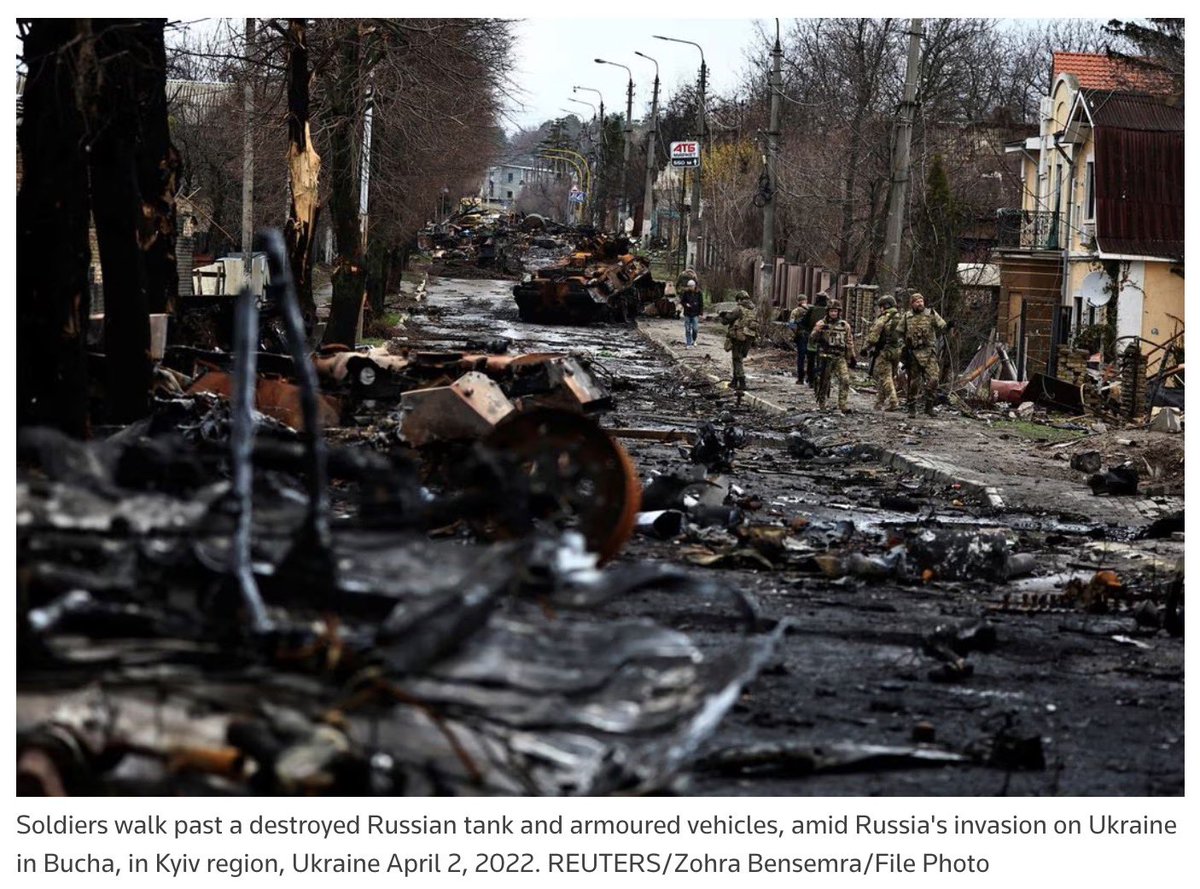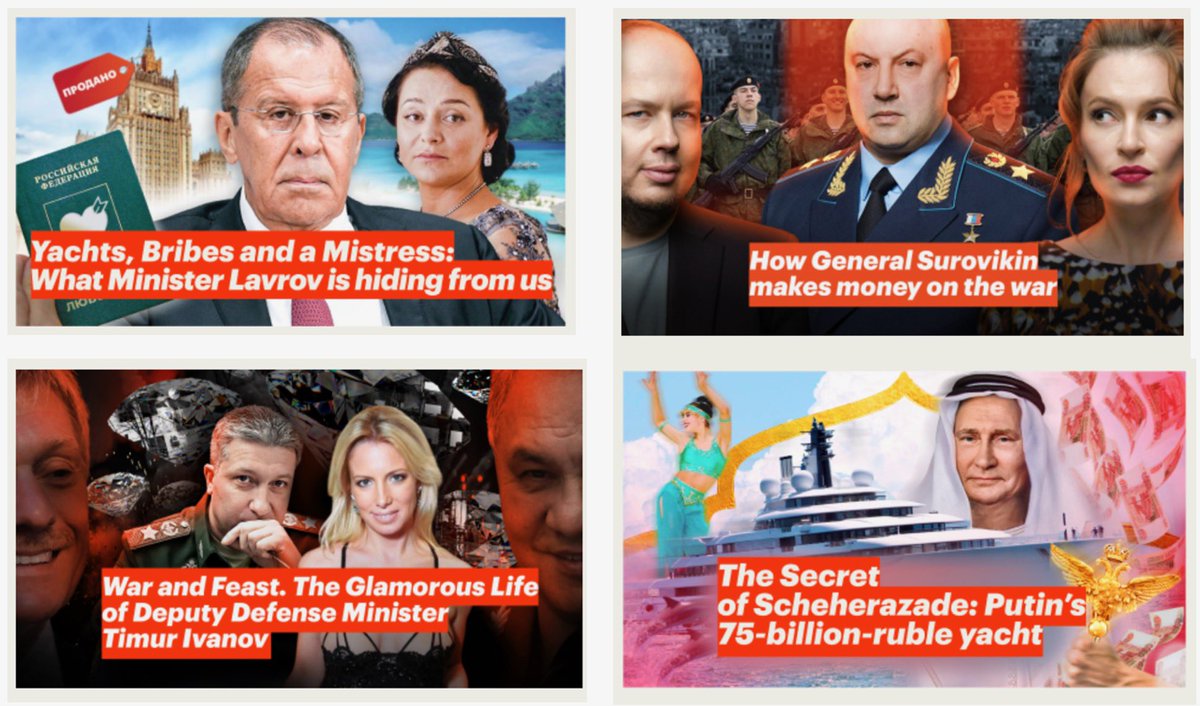Successfully obscuring the reality of the Soviet Union as a ruthless colonial power has got to be one of the most astonishing propaganda accomplishments in modern history and, simultaneously, one of the most consequential and problematic legacies of the USSR. 🧵
Inside Russia, the view of itself as a selfless and benevolent “big brother” that gifted modernity & prosperity to non-Russian societies which comprised the USSR is ubiquitous. The term “colonialism” is routinely used to condemn OTHER nations but the gaze seldom turns inward.
The refusal to recognize, let alone genuinely engage with, the issues of Russian colonial legacy & modern day Russian imperialism is a defining trait of modern Russia. This trait is shared by a wide range of people including, troublingly, some prominent critics of the Kremlin.
Indeed, the hearty approval rating jumps enjoyed by Putin whenever 🇷🇺 launches wars against former 🇷🇺 colonies are hard to miss. Of course, there are those who recognize that 🇷🇺 is a crumbling colonial power engaged in a futile attempt to turn back time but they are a minority.
When Putin lamented the collapse of the USSR as a “geopolitical catastrophe” he was capturing the zeitgeist of his people. Insistence on the “Putin‘s War” narrative by the 🇷🇺 opposition is politically expedient but fails to acknowledge the imperial yearning of the Russian people.
However, this is not the whole story. On the international stage, there is also a troubling lack of recognition that Moscow used terror to colonize and control vastly diverse societies. And that the people of these societies are determined to never fall under Russian rule again.
Whenever I hear Western politicians and pundits talk about Russia’s “legitimate sphere of interests” being threatened by NATO expansion, I am struck by the way in which this framework erases the humanity and agency of those Russia once colonized.
The propaganda which rendered the brutal colonization and the colonized themselves largely invisible to the outside world is perhaps Russia’s most ambitious and successful export. This invisibility provides cover for Russian atrocities and it must be challenged and disrupted…
• • •
Missing some Tweet in this thread? You can try to
force a refresh

 Read on Twitter
Read on Twitter













